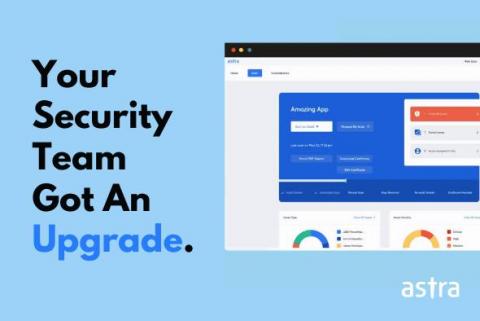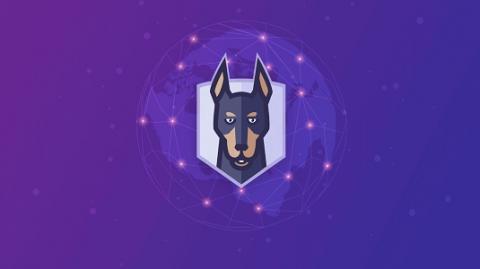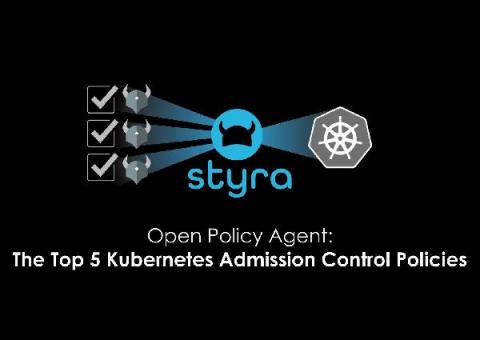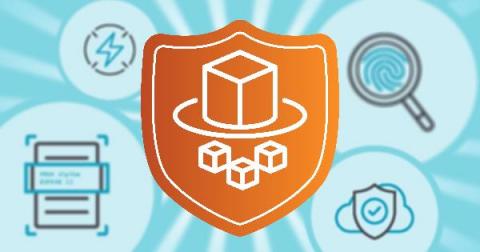Why SOX Compliance is Required
The Sarbanes-Oxley Act is a federal law that applies to all publicly traded businesses in the United States. It imposes sweeping corporate governance standards on those businesses, to improve accountability in the boardroom and senior management ranks and to make corporate financial statements more reliable.











